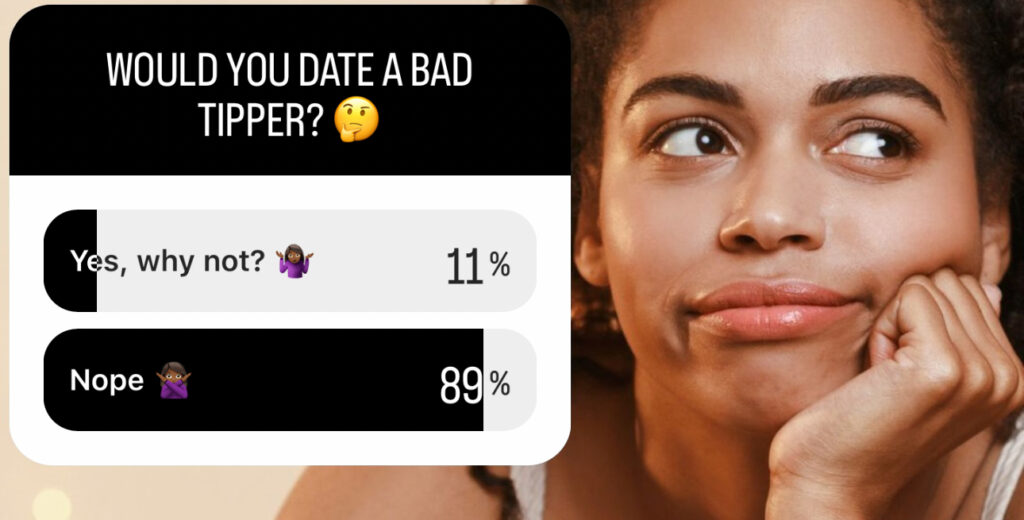Think of it as an unexpected effect of the COVID-19 pandemic. Tipping has increased. Recent studies show that average tipping amounts are up at both full and quick service restaurants. The pandemic coupled with screen prompts and table side payments have led to a world where tipping seems abundant and, for some, excessive.
A Purdue and Temple study found that a tipping screen effectively “elevates tipping amounts” from customers who otherwise wouldn’t think to leave a gratuity. Additionally, the tip average increased when the restaurant set the percentage to a higher number. Tips also increase when you request your bill at a restaurant, receive the same prompt screen, and the server stands over you waiting. A phenomenon referred to as “guilt-tipping.”
Whether or not you agree with the current tipping landscape, most people adhere to the general practice of tipping. It has become an inherent part of American society. The tip percentage serves as a measure of appreciation for good service. Simply put, stiffing a service provider is commonly frowned upon. So what happens, when you’re the bystander to the behavior? Would you continue to date a bad tipper?
21Ninety Audience Weighs In
21Ninety conducted an Instagram poll asking our audience two questions. The first, “would you date a bad tipper?”

Eighty-nine percent said “no,” while 11 percent said “yes.”
One respondent explained the thinking behind their answer.
“Cheap in other areas,” they wrote. “They should eat at home if they can’t tip.”
Next, 21Ninety’s followers shared how much they usually leave as a stip. Fifty-seven percent of voters said they give a 20 percent tip, while 34 percent said they tip 15 percent and nine percent said they only tip 10 percent.
Although not obligatory, the act of leaving a tip carries significance beyond its monetary value. For some, it serves as a reflection of one’s values, generosity, and consideration for others. The 21Ninety Instagram poll brought this debate to the forefront, prompting individuals to confront their preferences and deal-breakers. As we navigate the complexities of modern romance, whether one could date a bad tipper becomes a matter of fiscal responsibility and a reflection of our deeper values and expectations in relationships.
